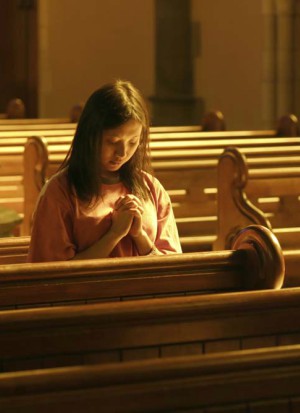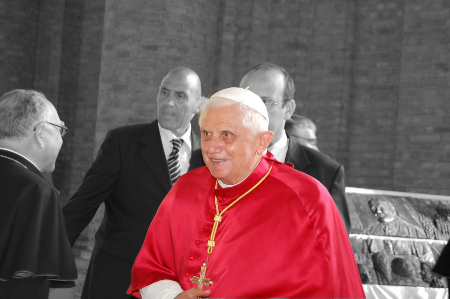We ask you, humbly: don't scroll away.
Hi readers, it seems you use Catholic Online a lot; that's great! It's a little awkward to ask, but we need your help. If you have already donated, we sincerely thank you. We're not salespeople, but we depend on donations averaging $14.76 and fewer than 1% of readers give. If you donate just $5.00, the price of your coffee, Catholic Online School could keep thriving. Thank you.Help Now >
Can ants outsmart Google?
FREE Catholic Classes
Society has long touted the merits of the humble ant; a hard working, diligent and selfless creature that does its best for the colony. Scientists have already proved that the ant has the largest brain amongst insects, but a new study may show that these tiny bugs may be able to put computer processing power to shame.
We ask you, humbly: don't scroll away.
Hi readers, it seems you use Catholic Online a lot; that's great! It's a little awkward to ask, but we need your help. If you have already donated, we sincerely thank you. We're not salespeople, but we depend on donations averaging $14.76 and fewer than 1% of readers give. If you donate just $5.00, the price of your coffee, Catholic Online School could keep thriving. Thank you.Help Now >
Highlights
Catholic Online (https://www.catholic.org)
5/28/2014 (9 years ago)
Published in Technology
LOS ANGELES, CA (Catholic Online) - A team of researchers from Germany and China published their findings in the Proceedings of the National Academy of Sciences, which explains that the collective foraging behaviors of ants exceed their individual problem-solving strategies. A hungry ant appears to travel along random path when looking for food, but that changes when they actually find food.
Join the war against world hunger.
"Ants have a nest so they need something like a strategy to bring home the food they find," wrote the study's lead author Lixiang Li from the Information Security Center, State Key Laboratory of Networking and Switching Technology, at Beijing University of Posts and Communications and the Potsdam Institute for Climate Impact Research.
"We argue that this is a factor, largely underestimated so far, that actually determines their behavior," he said.
According to Time's Bryan Walsh, when ants begin their search for food, hundreds set out in all directions in what can be described as looking like "drunks stumbling about the house in search of their keys." Once one of the ants discovers a food source, it takes a piece back to the colony, leaving behind a pheromone trail that leads to the source.
The trail will only last for a while and when it disappears, the ants once again exhibit the drunken behavior as they attempt to bring the food back to the nest, but as time passes, the ants will begin to organize their search. They will optimize the best and shortest path between the nest and the food source, as more ants follow the better paths they will leave behind additional pheromones-which will attract additional ants, which will helps to further organize the colony's efforts.
The colony goes from near-total chaos to a "self-reinforcing effect of efficiency," said the study's co-author Jurgen Kurths of the Potsdam institute for Climate Impact Research. "While single ants can appear chaotic and random-like, they very quickly become an ordered line of ants crossing the woodland floor in search for food."
Previous research suggested that older worker ants were tasked with the most dangerous food collection tasks because the colony did not wish to risk the younger and more productive members of the colony. This new study suggests that they are actually chosen for the task because they have a better idea of the colony's surroundings.
"While the single ant is certainly not smart, the collective acts in a way that I'm tempted to call intelligent. The principle of self-organization is known from, for instance, fish swarms, but it is the homing which makes the ants so interesting," said Kurths.
---
'Help Give every Student and Teacher FREE resources for a world-class Moral Catholic Education'
Copyright 2021 - Distributed by Catholic Online








 Daily Readings for Thursday, April 18, 2024
Daily Readings for Thursday, April 18, 2024 St. Apollonius the Apologist: Saint of the Day for Thursday, April 18, 2024
St. Apollonius the Apologist: Saint of the Day for Thursday, April 18, 2024 Aspiration: Prayer of the Day for Thursday, April 18, 2024
Aspiration: Prayer of the Day for Thursday, April 18, 2024

